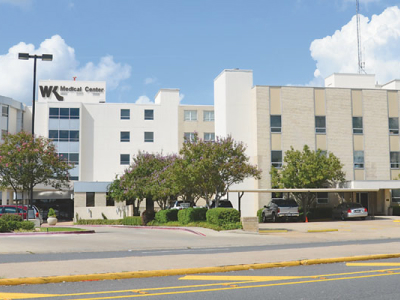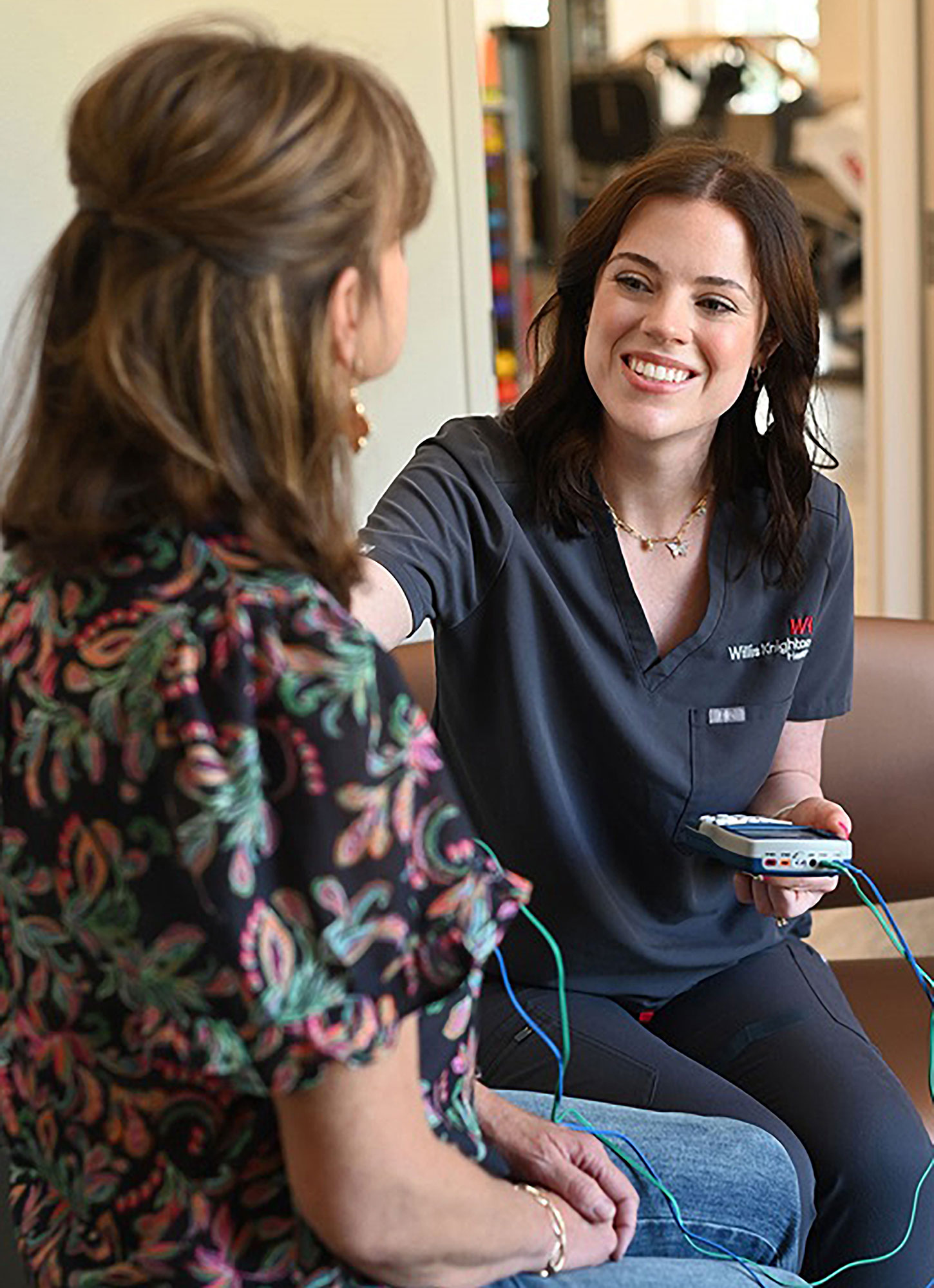Electrophysiology (EP)
Advanced Electrophysiology Services for Heart Rhythm Disorders
Electrophysiology (EP) is the study of your heart’s electrical activity. If something disrupts the electrical signals, your heart may beat too fast, too slow, or irregularly. This can reduce blood flow to the rest of your body, putting your organs at risk of damage.
Comprehensive Arrhythmia Care
An abnormal heartbeat can be dangerous, and our team is here to support you at every step:
- Diagnose arrhythmia accurately with advanced testing
- Deliver personalized treatment
- Provide follow-up care to help you stay healthy and active
Accurate EP Studies
We conduct EP studies to locate the source your arrhythmia and guide your treatment. These tests take place in our state-of-the-art EP suite with specialists that include:
- EP cardiologists
- EP nurses
- Experienced technicians
Advanced EP Procedures
Once we identify the cause of your arrhythmia, whether it’s atrial fibrillation or tachycardia, we recommend the treatment that’s right for you. Options may include:
- Cardiac ablation - Interrupts the faulty electrical signals in your heart
- Pacemaker or defibrillator - Monitor and correct irregular rhythms
EP procedures our team can perform include:
- Pacemaker implantation
- Implantable cardioverter defibrillators (ICDs)
- Biventricular pacemakers and defibrillators
- AV node ablation
- Atrial fibrillation and flutter ablation
- Tachycardia ablation
- Pacemaker/defibrillator generator change and lead removal
- Reveal LINQ™ insertable cardiac monitors
- Left atrial appendage closure
- Micra™ leadless pacemaker
Follow-Up Care
If you get a pacemaker or defibrillator, we make sure your device continues to work properly. You’ll receive routine follow-up care, including home monitoring. For pacemakers, a home device sends your doctor reports on your heart’s electrical activity every three months-giving you peace of mind between visits.
Take the Next Step
If you’ve been diagnosed with an arrhythmia or you’re experiencing symptoms like a racing or irregular heartbeat, our electrophysiology experts are here to help.
Call us today to schedule a consultation and take control of your heart health.
Find a Provider

Subscribe to Our Healthy Hearts Newsletter
Tips to risk the reduce of heart disease and prevent, information on new therapies and treatments, heart healthy recipes and more.















